Venezuela's opposition-controlled National Assembly on Thursday authorised its leader Juan Guaidó to take control of around US$80 million in assets frozen outside the country due to sanctions against President Nicolás Maduro.
Guaidó can now set up a trust overseen by the Organisation of American States (OAS) to take control of accounts blocked in the United States and belonging to the top Venezuelan regime figures and the state oil company, lawmaker Alfonso Marquina told AFP.
The law authorising the move states that the cash should pay social expenses in the crisis-stricken country, which is in the grip of a five-year recession that has seen millions of Venezuelans suffer shortages of basic necessities.
More than four million people have fled the country due to the economic crisis, according to the United Nations.
The law aims to "strengthen international relations" and support a "transitional government" led by Guaidó, the text said.
The Voluntad Popular launched a challenge to Maduro's authority in January 2019 by using his position as parliamentary speaker to declare himself acting president.
Parliament had branded Maduro a "usurper" over his controversial 2018 re-election in a poll widely denounced as rigged.
Guaidó has been recognised by more than 50 countries, including the US, but Maduro retains the support of the powerful military and has resisted calls to make way for "free and transparent elections."
In November 2019, the Assembly authorised the self-proclaimed interim leader to use US$3.5 million of frozen accounts to represent the state abroad.
The regime-controlled Supreme Court declared the National Assembly in contempt in 2016 and has since annulled its every decision.
The government has also recognized a rival claimant to Guaidó's position as parliament speaker.
Luis Parra, an opposition lawmaker accused of corruption, declared himself the new speaker in January as troops prevented Guaidó from entering the legislature to stand for re-election in a vote he was expected to win.
The assembly has been prevented from sitting in the Legislative Palace since then and has held sessions elsewhere.
— AFP








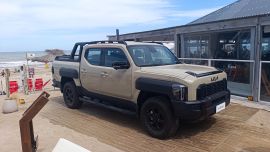





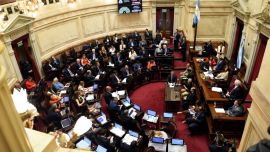
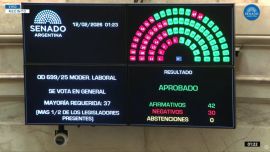
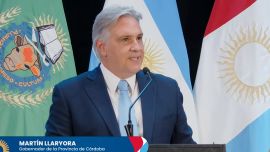
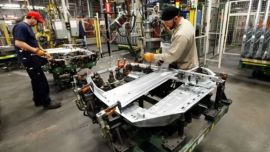

Comments